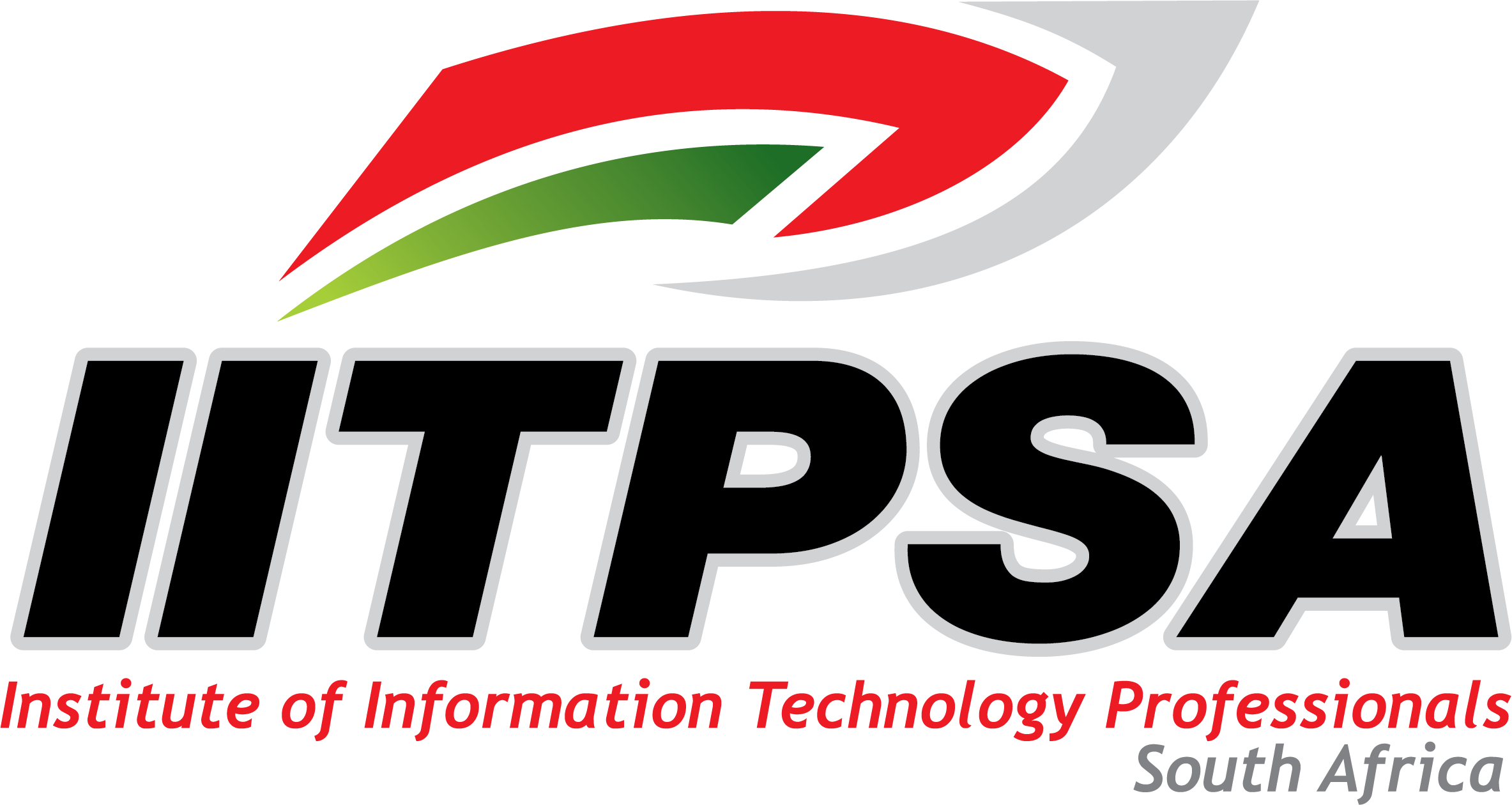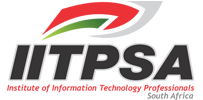Constandious Takura Munakandafa, Agile Systems Analyst at Glacier at Sanlam and a member of the IITPSA Social & Ethics Committee, discusses ethics in IT and sport.
At least 27,000 runners descended in the Mother City (Cape Town) over the weekend of 15 and 16 April 2023 to partake in the race dubbed the world’s most beautiful marathon consisting of the 56km ultra and 21.1km half-marathons. It was a great pleasure participating in a race that is now just over a half a century old and attracting runners from all over the world with the half-marathon constituting the highest number of runners in South Africa every year.
So much data has been collected for all sold out past events since the official inception of the sport in 1970 to support decisions that improve the quality of the marathon, safety of runners, spectators, organizers as well as people in the surrounding communities that are impacted by road closures for the duration of the event. The key data subjects remain the runners who are seeded according to their running pace based on previous official races. A number of controls are put in place that include deadlines on registering for the event, race number collection days, parking rules, start times, cut-off points and positions of refreshment points, medical emergency services, police, broadcasters, marshals, photographers etc.
Managing the biggest running weekend in Cape Town requires not only months of preparation, but effective IT systems to support a successful event and proper alignment of ethical guidelines to ensure the safety of all stakeholders involved. The IITPSA Code of Ethics provides a foundation on professional responsibilities as explained in Chapter 2. IT professionals can also abide by the ethics rules in the same way runners follow ASA (Athletics South Africa) running rules and regulations. It is important for the IT personnel working on the technology platforms enabling the delivery of services to remain professional and guard against any major incidents than can negatively impact on the reputation of the profession. The ethical principle of 2.1 Strive to achieve high quality in both the processes and products of professional work speaks to the responsibility of computing professionals insisting on high-quality work and dignity to the consumers of the services. All stakeholders involved in the running of the event should be able to easily access the information they need to execute their functions in a transparent manner. Controlling misinformation from unofficial channels that can adversely disrupt the sport and endanger the safety of participants should also be considered.
Having experienced this race as a runner, my greatest goal like the rest of the runners is to make it to the last cut-off point and then finish line without any injury or breaking the ASA rules that can result in disqualification. It would be disappointing to fail in this race considering the months of practice and preparation that an athlete puts in for the race. The same applies to IT professionals who spent years studying and gaining the relevant experience that will earn them a professional status with the IITPSA institute. The principles of 2.2 Maintain high standards of professional competence, conduct, and ethical practice and 2.3 Know and respect existing rules pertaining to professional work addresses that responsibility. Technical knowledge, awareness and discipline are crucial in the area of specialty that one looks after. The same commitment is expected from runners; one cannot earn an ultra-marathon medal if he or she has only trained for a half-marathon distance. It is for that reason we have rules and regulations bound by ethics in place to safeguard us in accomplishing our goals. Until the next article, keep safe and bookmark the IITPSA Code of Ethics for easy access and application whilst executing your IT duties!

